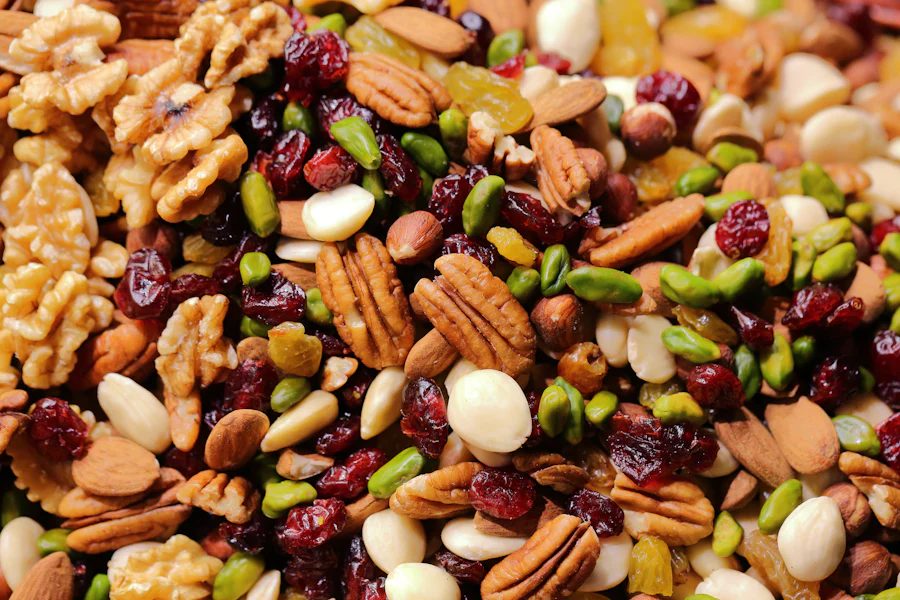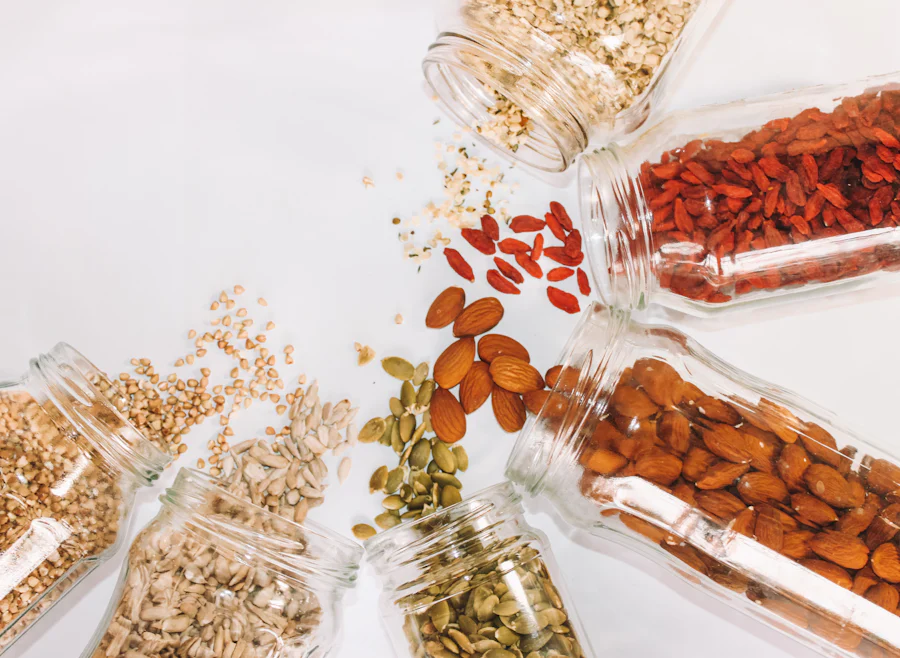Yes, you should eat more nuts and seeds. Here’s why:
Nuts and seeds pack a nutritional punch. They’re rich in protein, fiber, and healthy fats. A single serving of almonds provides as much protein as an egg and more fiber than a cup of blueberries.
Regular nut consumption can significantly reduce cardiovascular disease risk. Studies show a 20% lower risk for those eating a handful daily. Nuts and seeds help lower cholesterol and improve artery function.
For those with or at risk of type 2 diabetes, nuts are a smart choice. They’re low in carbs and don’t spike blood sugar. Some studies show reduced fasting blood sugar levels in people who eat nuts regularly.
Despite being calorie-dense, nuts can aid weight management. Their protein and fiber content promotes satiety. Just stick to recommended portions.
Many nuts and seeds are rich in omega-3 fatty acids, particularly walnuts. These fats are crucial for brain health and may help reduce cognitive decline.I
Nuts contain antioxidants that combat inflammation. This can help protect against chronic diseases.
How to Incorporate More
- Sprinkle on salads or oatmeal
- Use as a yogurt topping
- Add to smoothies
- Enjoy as a standalone snack
- Use nut butters as spreads or dips
Best Practices
- Aim for 1-2 ounces daily
- Choose raw or dry-roasted varieties
- Avoid nuts with added sugars or excessive salt
- Store in airtight containers to maintain freshness

Variety is key. Almonds, walnuts, pistachios, chia seeds, and flaxseeds all offer unique benefits. Mix it up to get a wide range of nutrients.
Asian cuisines also offer a treasure trove of nutritious nuts that are often overlooked in Western diets. These lesser-known varieties pack a powerful punch of health benefits and unique flavors. Let’s dive into some of these hidden gems.
Chinese Pistachios are known as Chinese nuts, these pistachios are a nutritional powerhouse. They help reduce cholesterol and body fat. Daily consumption of 10-12 Chinese pistachios can significantly lower cholesterol levels.
Ginkgo Nuts are derived from the ancient ginkgo biloba tree, these nuts are rich in antioxidants. They’re known to improve brain function and memory. Ginkgo nuts are a common ingredient in Asian desserts and soups.
Lotus Seeds are popular in Chinese and Indian cuisines, lotus seeds are packed with protein and minerals. They’re believed to improve digestion and boost energy levels. Lotus seeds are often used in traditional medicine.
Candlenuts are native to Southeast Asia, candlenuts are high in healthy fats. They’re commonly used as a thickening agent in curries and stews. Candlenuts also have anti-inflammatory properties.
Remember, moderation is crucial. While nuts and seeds are healthy, they’re calorie-dense. A little goes a long way. Incorporating more nuts and seeds into your diet is a simple way to boost your overall health. Start small, experiment with different types, and enjoy the benefits of these nutritional powerhouses.



